Diesel-hybrid technology is still very much on the table at Toyota, as the brand fights to reconcile is green-focused future with the popularity of its diesel engines.
It means some of the brand's most popular nameplates - including the Toyota HiLux and LandCruiser and LandCruiser Prado - could see the lifespan of their diesel engines extended through electrification, lowering fuel use and emissions without losing diesel fuel.
While Toyota openly believes its HiLux customers, for example, would shift to a hybrid powertrain, the brand is also conscious an electrified dual-cab would still need to deliver on the workhorse pillars of towing, load lugging and off-roading.
"Absolutely they would," says Toyota Australia's VP of sales and marketing, Sean Hanley. "If it’s practical, affordable, and it does the things they need to do.
"We’ve never ruled out the expansion of hybrid into the broader Toyota range.
"If and when we do that, it will be suitable for the Australian environment. We have the knowledge and the testing, so if we deliver it, you can have the confidence it will do what needs to do."
It's a thought echoed by Toyota Australia's General Manager of Product Planning and Development, Rod Ferguson, who told CarsGuide the brand was "actively considering" diesel-electric technology for its traditionally diesel-powered range.
The driving force, he says, is that some people are "particularly wedded to diesel", with the torque-rich tech even more popular farms and far from the city.
"We know that some people are particularly wedded to diesel. Some farmers, for example, store diesel on their property, or it’s more accessible, or you’re in a region where you can’t have petrol," he says.
"There are definite reasons to consider both of those of those options, and we’re actively considering both of those options.
"It's technically feasible, and there are open discussions, definitely. It all comes back to our desire to driver down our C02 emissions."
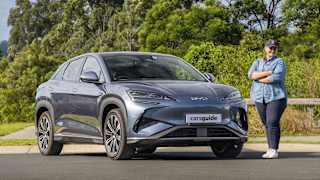
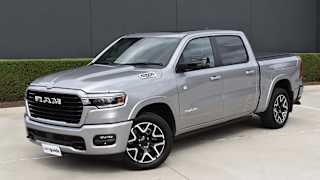
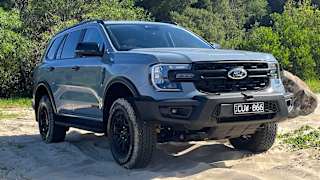
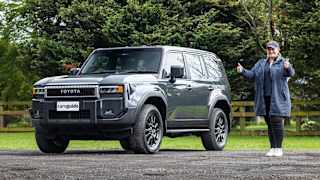
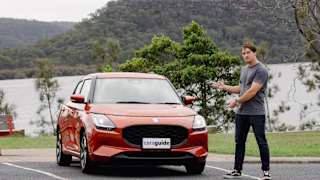
.jpg)

.jpg)

.jpg)




.jpg)


.jpg)
.jpg)







.jpg)


.jpg)